Hendrika Entzian - Marble (2020) Hi Res
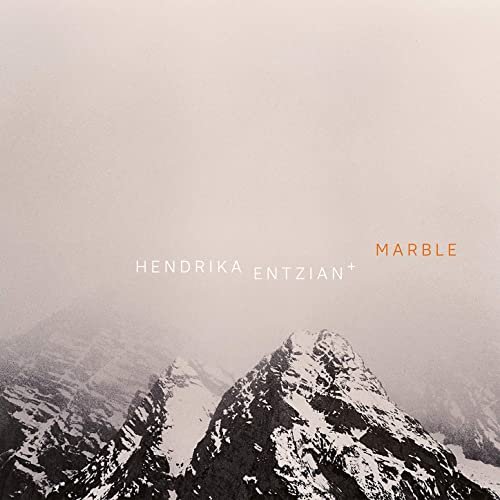
Artist: Hendrika Entzian
Title: Marble
Year Of Release: 2020
Label: Traumton
Genre: Jazz
Quality: 320 kbps | 24Bit/44 kHz FLAC
Total Time: 00:54:06
Total Size: 126 mb | 297 mb
WebSite: Album Preview
Tracklist:Title: Marble
Year Of Release: 2020
Label: Traumton
Genre: Jazz
Quality: 320 kbps | 24Bit/44 kHz FLAC
Total Time: 00:54:06
Total Size: 126 mb | 297 mb
WebSite: Album Preview
01. Weekdays
02. Pivot
03. Limona
04. Marble
05. Stapel
06. Peripherique
07. 3-4 Rück
In 2018 Hendrika Entzian was awarded the WDR Jazz Prize in the Composition division. Before that, the double bass player, born in 1984, had released two albums (Turnus 2015 and Pivot 2017) with the quartet named after her, founded in 2012, which were widely praised. Ralf Dombrowski particularly emphasized Entzian's qualities as a band leader in jazzthing: "In fact [...] sounds self-contained and musically sovereign. This is due to the compositions, which maintain the balance between improvising openness and framing structure. ”The Austrian music magazine Concerto said:“ A superficial and inattentive course will remain closed to the nuanced elegance. The CD is recommended to all those who like pointed, musical, intelligently condensed musical intelligence and calmly performed, beautiful playing. ”
In parallel to her work with the quartet, Hendrika Entzian began to deepen contacts with well-known large formations. She composed several times for the WDR big band and the Dutch metropolis Orkest (which includes an expanded wind section and a string replacement). Stefan Hentz wrote in the Jazzpodium about Entzian's award-winning concert as part of the WDR Jazz Festival 2018: "With its multifaceted composition [Entzian] documents how much tonal and structural scope there is in the Big Band format."
In the same year she put together her own ensemble Hendrika Entzian + with a view to the upcoming CD production. Her quartet partners Matt Halpin (sax), Simon Seidl (p) and Fabian Arends (dr) form the backbone and drive unit. In December 2018, the 17-player band gathered in Cologne's loft studio to record the music for the album Marble. Hendrika Entzian now presents her personal definition of a contemporary big band in seven pieces with a total playing time of 54 minutes. Even the eight-minute headline Weekdays shows impressively where the journey is going. The piece includes a melodic leitmotif and almost cinematic sequences, surprising breaks and insertions, glistening and pointedly swelling wind instruments, dynamic changes and agile drum applications. The remarkable variety is crowned by two expressive solos by Sebastian Gille (tenor saxophone) and Bastian Stein (trumpet). Weekdays, like some other titles on Marble, originally came from the quartet's repertoire, but of course these now sound completely different. The title track of the album as well as Stapel and Limona are completely new; Entzian wrote the latter especially for the ensemble. Hendrika Entzian is fascinated by the way she deals with her compositions, depending on the size of the band. Of course also the chance to add new facets to familiar pieces. “The large versions tell completely different stories. In a quartet, everyone involved intuitively finds their way through a composition; for the big band, the dramaturgy has to be thought through much more in advance. For example, how intros or interludes are laid out, which timbres can be created through the variety of instruments, where the climax is placed and who gets a solo. ”
At first glance, there seems to be a moving, quartet characterized by spontaneity and the powerful, but slowly changing "tanker" big band worlds. In fact, Entzian's will to create succeeds in bridging this structural gap. Inspired by the quartet, she thinks from small to large in her arrangements, transfers interactive elements and opens spaces for the individual expressiveness of the musicians. “It is important that the ensemble, despite its size and the well-composed music, remains flexible and spontaneous and can stage its great improvisers. That's why I didn't ask for an existing orchestra, but founded this band. The music only comes to life if the participants give their personal sound. ” Entzian cites the striking double feature of the tenors Halpin and Gille in Limona as an example.
"A central theme of current big band music is: how are solos embedded in such a large band and what share do improvisations have?" Says Entzian. In addition to the soloists Gille, Stein and Halpin already mentioned, the ensemble includes the Australian trombone virtuoso Shannon Barnett (in Pivot) who came to Cologne via New York and the Hamburg guitarist Sandra Hempel (in 3/4 Rück) improvising. By the way: Barnett will be awarded the WDR Jazz Prize in 2020.
The title of the album plays with the double meaning of the English word, marble and marble, round and solid, explains Entzian. "I like the flowing structures that are found in marble, and the changes in perspective that this allows." That it was Marble Pt. 2 no first part on the CD
In parallel to her work with the quartet, Hendrika Entzian began to deepen contacts with well-known large formations. She composed several times for the WDR big band and the Dutch metropolis Orkest (which includes an expanded wind section and a string replacement). Stefan Hentz wrote in the Jazzpodium about Entzian's award-winning concert as part of the WDR Jazz Festival 2018: "With its multifaceted composition [Entzian] documents how much tonal and structural scope there is in the Big Band format."
In the same year she put together her own ensemble Hendrika Entzian + with a view to the upcoming CD production. Her quartet partners Matt Halpin (sax), Simon Seidl (p) and Fabian Arends (dr) form the backbone and drive unit. In December 2018, the 17-player band gathered in Cologne's loft studio to record the music for the album Marble. Hendrika Entzian now presents her personal definition of a contemporary big band in seven pieces with a total playing time of 54 minutes. Even the eight-minute headline Weekdays shows impressively where the journey is going. The piece includes a melodic leitmotif and almost cinematic sequences, surprising breaks and insertions, glistening and pointedly swelling wind instruments, dynamic changes and agile drum applications. The remarkable variety is crowned by two expressive solos by Sebastian Gille (tenor saxophone) and Bastian Stein (trumpet). Weekdays, like some other titles on Marble, originally came from the quartet's repertoire, but of course these now sound completely different. The title track of the album as well as Stapel and Limona are completely new; Entzian wrote the latter especially for the ensemble. Hendrika Entzian is fascinated by the way she deals with her compositions, depending on the size of the band. Of course also the chance to add new facets to familiar pieces. “The large versions tell completely different stories. In a quartet, everyone involved intuitively finds their way through a composition; for the big band, the dramaturgy has to be thought through much more in advance. For example, how intros or interludes are laid out, which timbres can be created through the variety of instruments, where the climax is placed and who gets a solo. ”
At first glance, there seems to be a moving, quartet characterized by spontaneity and the powerful, but slowly changing "tanker" big band worlds. In fact, Entzian's will to create succeeds in bridging this structural gap. Inspired by the quartet, she thinks from small to large in her arrangements, transfers interactive elements and opens spaces for the individual expressiveness of the musicians. “It is important that the ensemble, despite its size and the well-composed music, remains flexible and spontaneous and can stage its great improvisers. That's why I didn't ask for an existing orchestra, but founded this band. The music only comes to life if the participants give their personal sound. ” Entzian cites the striking double feature of the tenors Halpin and Gille in Limona as an example.
"A central theme of current big band music is: how are solos embedded in such a large band and what share do improvisations have?" Says Entzian. In addition to the soloists Gille, Stein and Halpin already mentioned, the ensemble includes the Australian trombone virtuoso Shannon Barnett (in Pivot) who came to Cologne via New York and the Hamburg guitarist Sandra Hempel (in 3/4 Rück) improvising. By the way: Barnett will be awarded the WDR Jazz Prize in 2020.
The title of the album plays with the double meaning of the English word, marble and marble, round and solid, explains Entzian. "I like the flowing structures that are found in marble, and the changes in perspective that this allows." That it was Marble Pt. 2 no first part on the CD
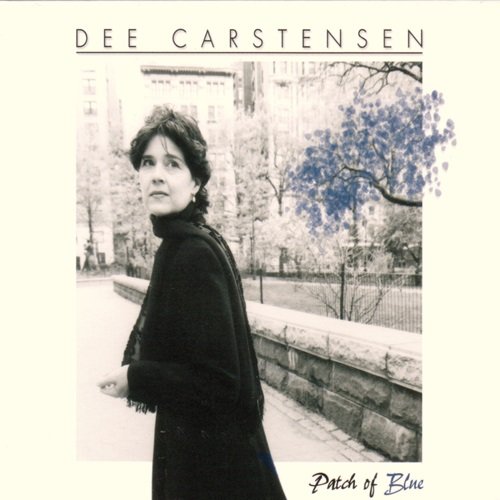
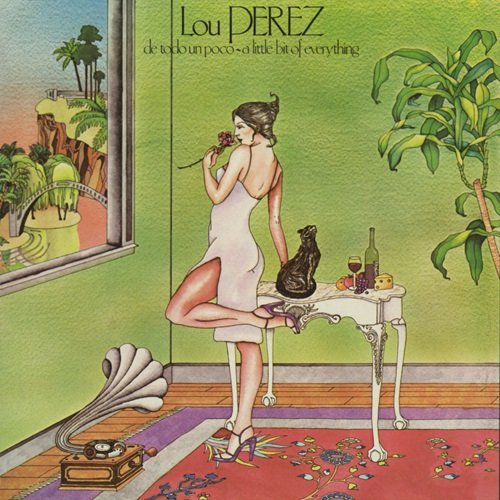

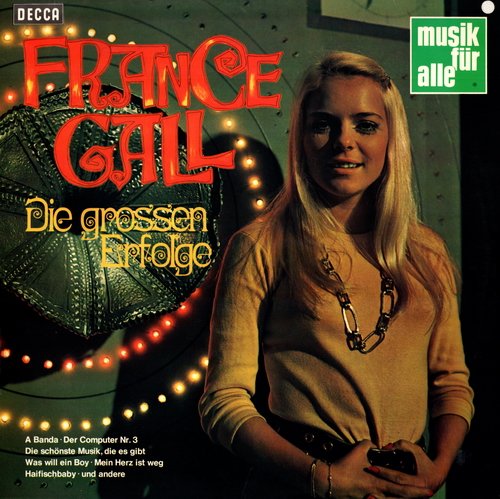
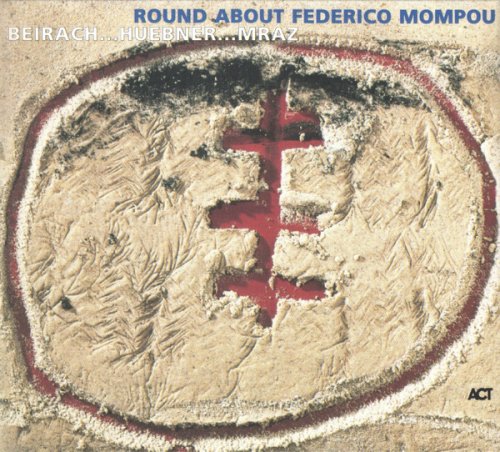
![Ivan the Tolerable - House Of The Hidden Light (2025) [Hi-Res] Ivan the Tolerable - House Of The Hidden Light (2025) [Hi-Res]](https://img.israbox.com/img/2026-02/09/w0ewoyh3ruhx4erd1r1jm9l0r.jpg)
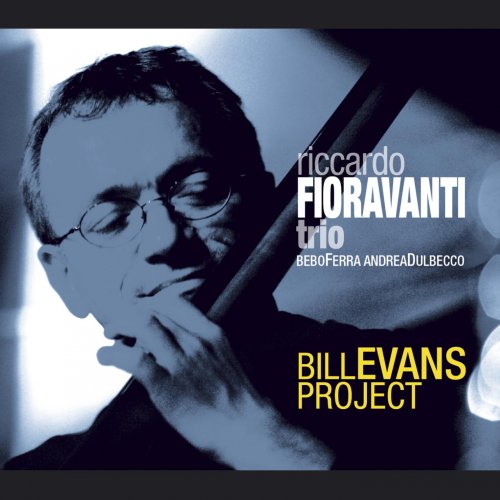
![McCoy Mrubata - Children On The Frontline (2026) [Hi-Res] McCoy Mrubata - Children On The Frontline (2026) [Hi-Res]](https://www.dibpic.com/uploads/posts/2026-02/1770560394_cover.jpg)
![Maj Kavšek - MINOR FLAW (2026) [Hi-Res] Maj Kavšek - MINOR FLAW (2026) [Hi-Res]](https://img.israbox.com/img/2026-02/09/8u50qjzftilnmaq7cws2iy3sg.jpg)